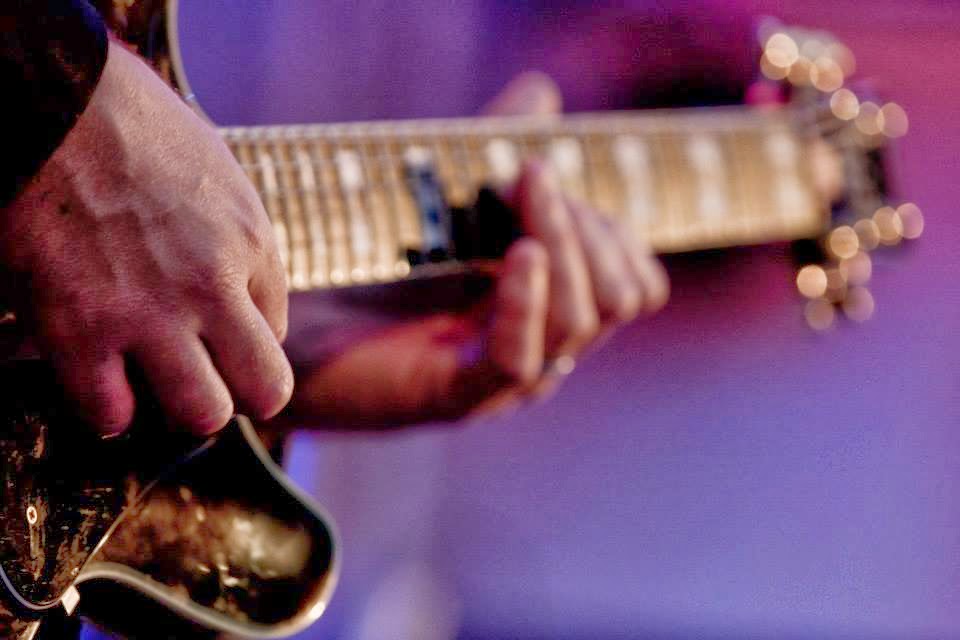 |
| Photo by Ben McNicoll |
We all feel a lack of motivation to practise from time to time. This can happen for many reasons. Sometimes it is just we have lots of other things occupying our time and energy. Sometimes it is just tiredness, sometimes it can be a lack of knowing what to practise. There can be many reasons for this but I find it best not to focus on these, rather to focus on finding ways to work around them.
Here is a few things to try when you feel uninspired:
1. Go to www.YouTube.com and search for new artists. I do this by searching for people I already know and like and then look at the suggested videos. Often YouTube will suggest artists who are similar in style to what you are viewing and if I see someone I have heard of, or who has a big view count, I will check out their video. Occasionally I just watch videos that look interesting. As a general rule I give each video a minute of my time and if it has not grabbed me by then, it probably won't. If I hear something I like then I check out further videos of this artist. What often happens as a result is my own playing is lead in new directions.
2. Listen to a favourite CD / MP3 that you have not listened to in a while but that you remember being a source of inspiration at some point. This can lead to concepts that you might have lost sight of. A few that consistently work for me are - Pat Metheny: Question and Answer, John Scofield: Meant To Be and Wes Montgomery: Willow Weap for Me.
3. Try playing a different instrument. I find every instrument makes me play differently - for example if I reach for my 12 string guitar I am going to play differently that my electric guitars. Nylon string acoustic guitar often inspires different musical output.
 |
| Photo during Penny Black movie sessions |
5. Attend a jam night. There is no substitute for playing with other musicians. Good or bad, jam nights can inspire practise. I have attended a few jam and open mic nights where I have played terribly and it has been a wake up call. I have also attended others where for any number of reasons the playing has reached another level and I've really felt inspired to practise for a weeks afterwards. Both can have a positive effect if you think about it in this way.
6. The other alternative is to give up music. Thats right, give up. If you give up there is nothing to feel bad about. Ha.
All the best for your musical journey. I hope this has been useful.
Keep in touch:
YouTube - https://www.youtube.com/user/nickgranny
Facebook - https://www.facebook.com/nickgranvillemusic
... and you can download my latest album from: nickgranville.bandcamp.com/album/home





















